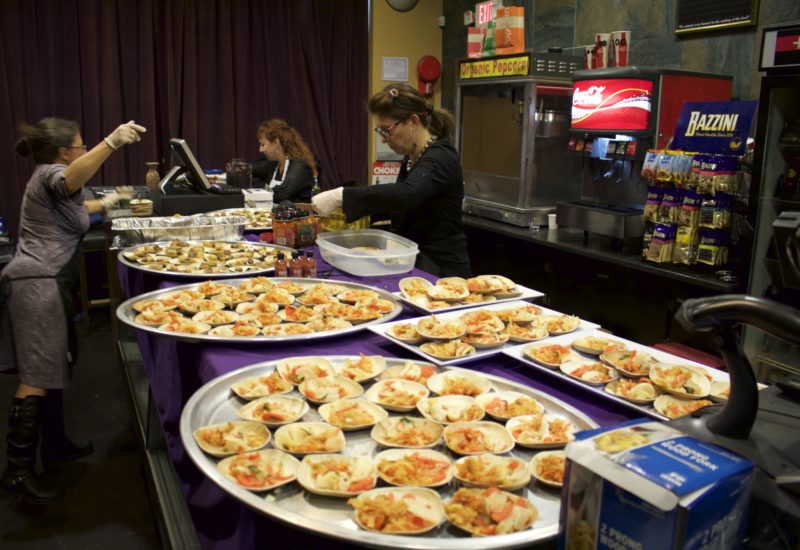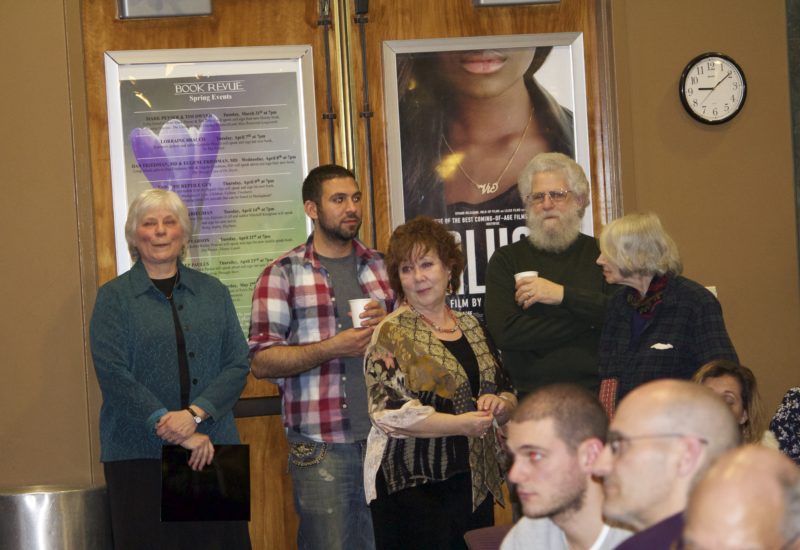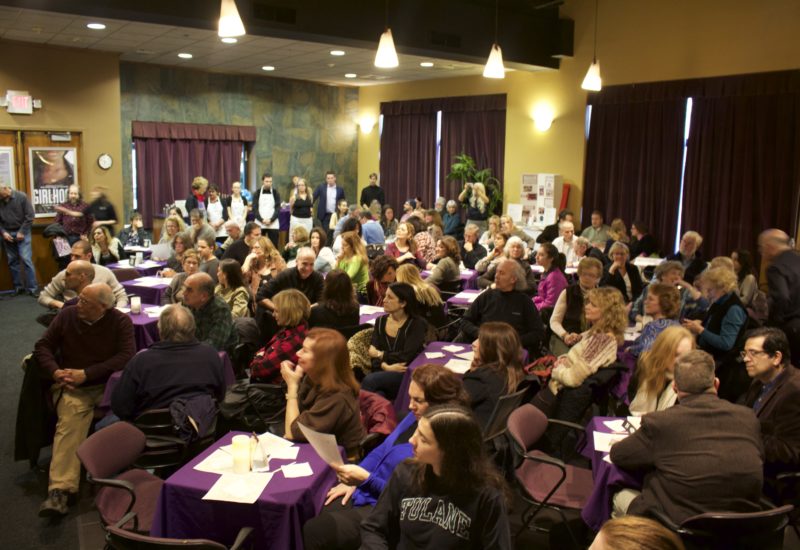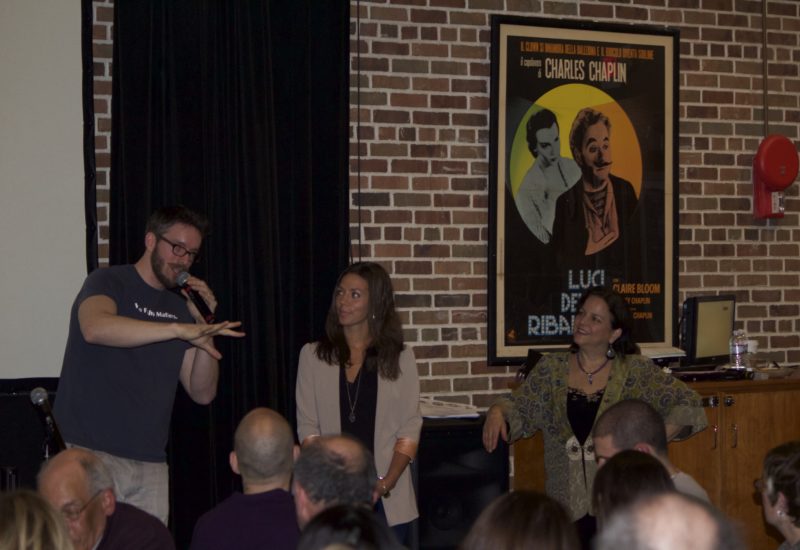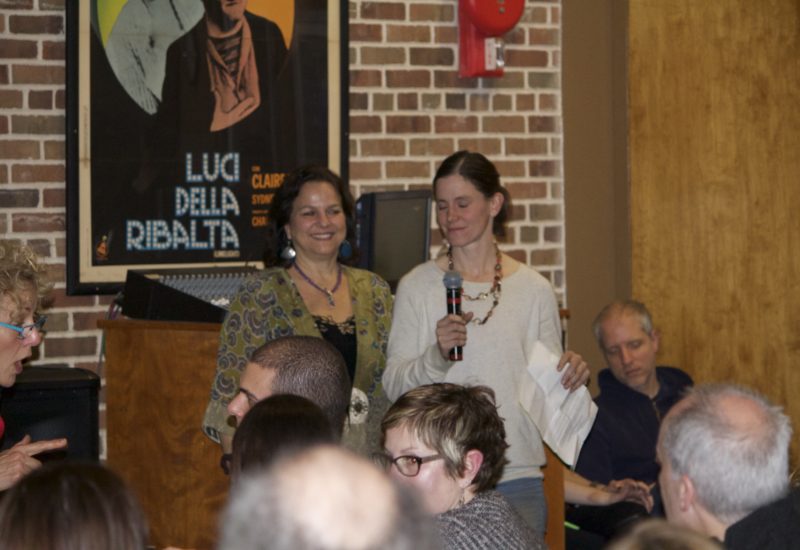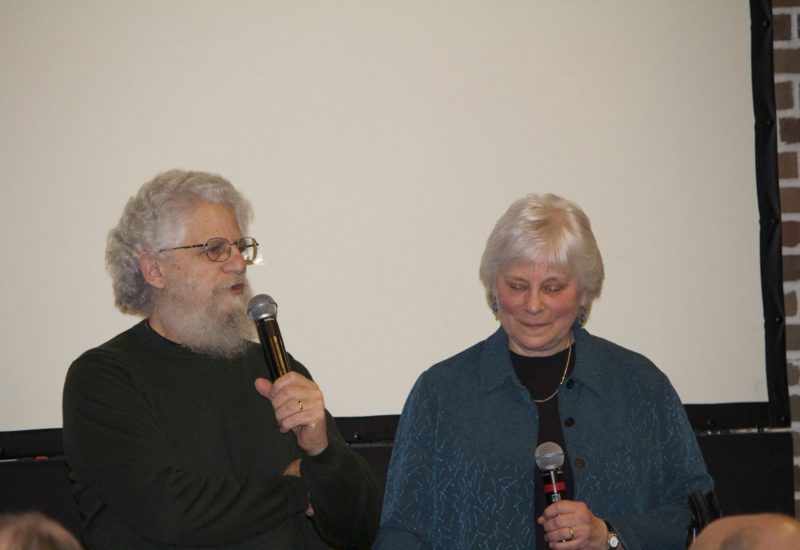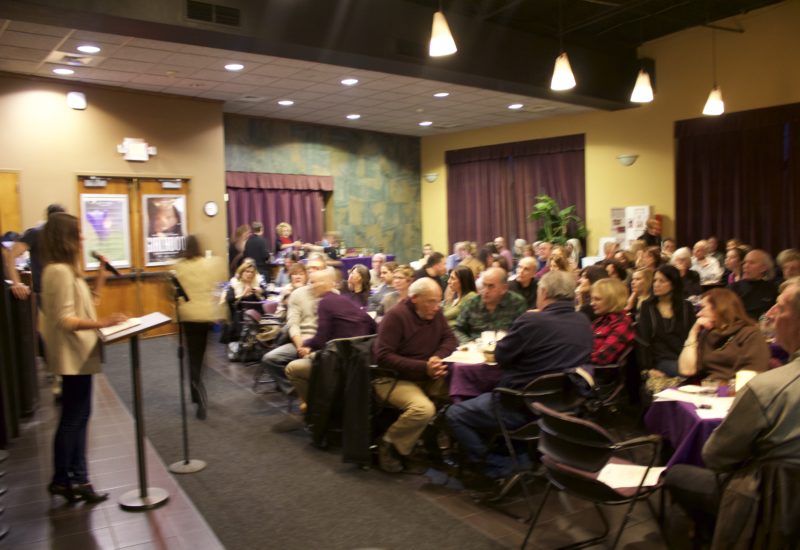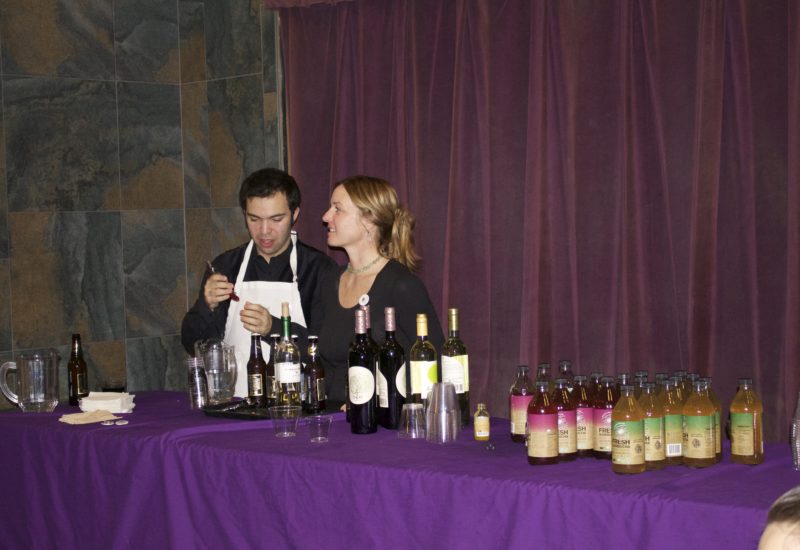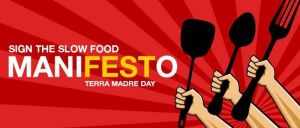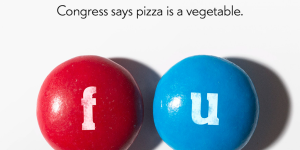FREE ORGANIC VEGETABLE GARDENING WORKSHOP!
TUESDAY MAY 26TH! 6:30 PM to 8:30 PM
With Larry Foglia and Heather Forest of Fox Hollow Farm
Learn from the best of the best!
Freeport Public Library
144 West Merrick Rd. Freeport
FREE!!
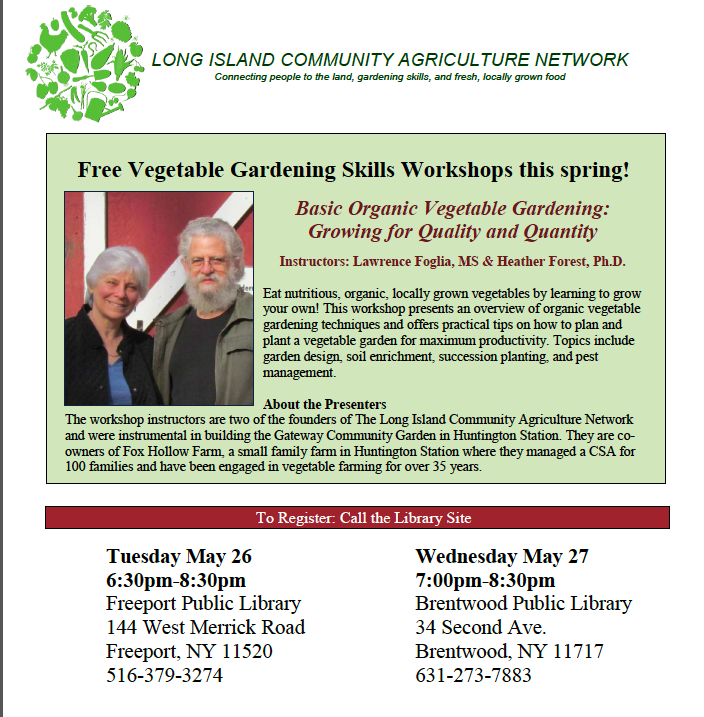
FREE ORGANIC VEGETABLE GARDENING WORKSHOPS!
Food Tank Summit Report
Hi Slow Foodies,
Last week, I had the privilege of attending the 1st Annual Food Tank Summit, and doing my radio show from there. The event was jam packed with speakers who have an invested interest in food, whether it be scientists, elected officials, all sectors of the food business, journalists, food insecurity, food waste, or fair labor issues, they all had a place at the table. Each day was set up with 5 panels, and there was a keynote speaker before each session. It was held in the auditorium at George Washington University, and was broadcast live through their website. I am waiting for the recordings of the panels to be up on their website, and then I will share them with you, but in the meantime, I wanted to share a few of the highlights and one not so happy moment for me at the end of the last day. The obvious highlight was having the opportunity to hear from so many amazing people in just 2 days. Kathleen Merrigan, a long time supporter of locally grown and organic foods, and the former US Deputy Secretary of the Dept. of Agriculture, opened up the event with the first keynote address, followed by a panel on Cultivating Better Urban Food. The next panel was looking at the problem of Food Waste, and some of the solutions and challenges that still need work. Lots of statistics were thrown out, like 1/3 of all the food grown globally is wasted, and that the amount of food wasted would be enough to feed all of the hungry people on the planet, but one of the most alarming statistics I heard, was that if Food Waste was a nation, it would be #3 in carbon emissions. That is astounding and we clearly need to do something about that! Then the next panel was looking at the family farmer, and what constitutes a family farmer. Did you know that 80% of the food grown globally is grown by small family farmers, using very little of our natural resources, compared to the factory farming in the U.S, which uses 75% of the natural resources, yet produces very little actual food that is consumed by people. Most of what is grown in the US is used as feed for animals or corn for ethanol. Then there was the panel on the “Story of Food”, moderated by Allison Aubrey from NPR’s SALT, discussing people’s interest in food, food policy, food safety, and how it impacts our environment. The last panel of the first day was about the Business of Food, and how consumer interest in organic and naturally raised food is driving the market. Both Panera Bread and Chipolte were there, discussing the challenges in finding enough supply to meet their markets, as well as a representative from Niman Ranch, Oxfam and Marriott Hotels. We finished up the first day with a keynote speech from Michel Nischan, the founder of Wholesome Wave, a social enterprise striving to improve the health of low income communities by creating a more sustainable food system, and providing them with fresh, locally grown fruits and vegetables. 
The second day I was preparing for my show in the morning, so I missed hearing Saru Jayaraman, from the Restaurant Opportunities Centers United speak, but I’ve had her as a guest on my show, so I can only imagine how inspiring her talk was. She set the stage for the first panel on “Recognizing Workers in the Food System.” The second panel was on “Pushing for Better Agriculture Research and Policy” and was filled with people passionate about their organizations. We heard from the Earth Policy Institute, The Institute for Agriculture and Trade Policy, Humanitas Global, Harvard Law School, the U.N. Food and Agriculture Org, and Arcadia Center for Sustainable Food and Agriculture. Pamela Hess from Arcadia Center shared with us her history as a journalist during the Iraq and Afghanistan Wars, and all the people she met who had a leg or arm amputated as a result of the war. She then shared that more people have limbs amputated as a result of Diabetes, which is a food related illness, and that people of color are 4 times more likely to have a limb amputated than a white person. It is clearly a disease of poverty and is preventable! Her organization brings mobile fresh fruit and vegetable markets into the DC communities that need it the most, and are making real connections with the people that live there. The afternoon had three panels; Pushing for International Agreements: The Milan Protocol, The True Cost Accounting in the Food System, and Democratizing Innovation. The first two panels shared the mission of looking at our global food systems, while trying to educate the public that good food is worth paying for, and that cheap food is only cheap because it is not paying the true costs of the goods. The responsibility of cleaning up the environment caused by cheap food, falls on the tax payer, instead of the food producer, and the cost of food related diseases is over $190 billion dollars a year, also paid for by taxpayers. The food industry is not held liable! In developing countries, most of the farmers are women, and we need to invest in women farmers and help fight many of the cultural norms that hold women down. The panelists were great, and could have talked all day about these topics, had they had more time, but did a great job with the time allotted. My problem was on the last panel, Democratizing Innovations, where we heard from Aaron McNevin from the World Wildlife Fund, (WWF) and found out that they are partnering with DuPont, in creating fish food for Farm Raised Salmon. I’m sorry, but I don’t trust a company like DuPont for anything, especially when they won’t tell you what the fish food is made from because it is proprietary information. As Americans, we seem to have such a short memory. DuPont is the company that developed the Terminator Gene, a seed that can not reproduce, and brought us Agent Orange. They were recently fined 1.27 million dollars for trying to cover up a leak of methyl chloride, that killed a worker and polluted a nearby river in West Virginia, they have pending lawsuits for polluting groundwater with C8, a by product of the production of Teflon and Gore-Tex, and they recently settled a lawsuit and agreed to pay $531,000 for a violation of the Clean Air Act at its chemical manufacturing plant in New Jersey. The list goes on and on. Is this the type of company that the WWF should be partnering with? Another one of the panelists, Jessica Rosen from the Forum for the Future, talked about their partnership with Unilever, another company that has had many lawsuits and fines for violations in water polluting and air polluting. Are these the type of companies we want our environmental organizations to partner with? I don’t think so! What are our options?
– Bhavani Jaroff
Slow Food North Shore Chapter Leader
A message from Richard McCarthy, Executive Director of Slow Food USA:
Before the call of the mall swallows us all, resist! December 10th is Terra Madre Day, a brief respite in the calendar before the profane excess of the consumer holidays reigns supreme.
And this year commemorates the 25th anniversary of the signing of the
Slow Food Manifesto.
There’s never been a better moment to reaffirm our commitment to the colorful and spirited ideals that shaped the formation of the Slow Food movement. So, on this Terra Madre Day we’re asking everyone who believes “a firm defense of quiet material pleasure is the only way to oppose the university folly of Fast Life” to sign your name in agreement.
We’re told the Manifesto was conceived over an excess of wine in a smoky bar in Paris. Or maybe it just reads that way. Either way, we’ve found it sounds best when you proclaim the words from atop a dinner table, having donned a beret, and with a hand-rolled cigarette in one hand and a glass of wine in the other.
This Terra Madre Day, bake bread, pickle veggies, brew beer, share a meal with family and friends. And take a moment to sign the Slow Food Manifesto!
Let’s keep these revolutionary ideas alive and growing for another 25 years!
Slow Food North Shore Celebrates Our Newest Snail of Approval Restaurant, The Purple Elephant
Sunday, July 27th at 6pm
Join Slow Food North Shore as we celebrate our newest Snail of Approval restaurant, The Purple Elephant
Passed Hors d’oeuvres
Vegan Rainforest Burger Sliders
Roasted Chipotle Chicken Flautas
Crispy Falafel “Lollipops”
Local Black Sea Bass Ceviche
“The Farm’s” Summer Tomato Bruchetta
Vegan Tropical Ceviche
Grass Fed Beef Sirloin Satays
Patacones with Pico de Gallo
Berkshire BBQ Pork “Pibil” Station
(Corn tortillas, Orange Habanero Salsita)
Vegetarian Bean & Tortilla Station
(Corn tortillas, Guacamole, Orange Habernero Salsita)
“The Farm’s” Garden Salad Station
(KK’s Best Selection of Biodynamic Green, Summer Vegetables, The Kitchen’s Selections of Vinaigrettes and Dressings)
Dessert
Vegan Cannoli & Cupcakes
Click here for tickets.
Documentary Film: “Fed Up” Screening Now!
Hi Everyone,
There’s a new movie out about the industrial food system called Fed Up, that looks like it will be worth checking out. You know when a film gets this much attention, and when big food manufacturers don’t want you to see it, it’s probably a good one to see! The film’s release dates are staggered and are in different cities across the country, so for information about where to see the film, click here
Volunteers/ Gardeners Needed
Slow Food Huntington is in need of volunteers! We need help in getting some Edible School Gardens off the ground, and we also need help in manning our info tables at local Farmers Markets throughout the Summer/Fall season. If interested, please email Bhavani@iEatGreen.com
A Busy Week at Slow Food Huntington!
I guess we weren’t paying attention when we scheduled 3 events, back to back, last week!
On Tuesday, July 9th, Dr. Ellen Kamhi, The Natural Nurse, joined us for our 2nd Annual, Edible and Medicinal Herb Walk, followed by a potluck and sampling of the wild plants we gathered. Then on Wednesday evening, at the Cinema Arts Centre in Huntington, we co-sponsored our monthly film program “Let’s Eat; Food on Film Series” with the award winning documentary, Soul Food Junkies. When Thursday rolled around for our monthly, Slow Food Huntington Meeting, I didn’t think there was anyone left to come out. But, I was pleasantly surprised. We had a lovely “potluck” dinner meeting in the gardens at the Cinema Arts Centre, where we discussed the future of our chapter, events we want to plan, and issues we want to tackle. We always welcome new people, and would love to know your ideas on how this Slow Food chapter can meet your needs. Please consider joining us for our next meeting, Thursday, August 9th. The meetings are always on the 2nd Thursday of the month, so you can plan ahead!
East Meets East Dinner Party At the West East Bistro…This Sunday Eve!
We hope you will join us on Sunday night, April 21 at 6pm for a special dinner to meet and welcome our new board of directors, and to honor Ann Rathkopf, for her years as co-chair of this local chapter. This event is open to all members and friends. West East Bistro, located in Hicksville, has Slow Food Huntington’s “Snail of Approval,” due to their commitment to sourcing local, seasonal, and sustainable ingredients whenever possible. Its dynamic Asian-Fusion cuisine is sure to please! The dinner menu will feature: Slowly Roasted BBQ Wild Boar Spare Ribs, House-made Crispy Vegetarian Rolls, Vegetarian Pot Stickers, Sesame Chicken, Local Fish with Burnt Broccoli, Steamed Jasmine Rice, Tofu Red Curry, Vegetable Longevity Noodles, “Forbidden” Rice Pudding and ‘Warm ‘n Fuzzy’ Chocolate Cake, and more! Macari Vineyards will be pouring their biodynamic wines Blind Bat Brewery will be pouring their craft beer. Ticket prices are $38pp (includes tax and gratuity) and are almost sold out. We hope you will join us for this chic Sunday night celebration! Purchase your tickets here: http://eastmeetseast-eorg.eventbrite.com/#.
Products of the Garden: Farmingdale State College, April 13 (8 a.m. – 5 p.m.)
“Products From the Garden” is an all day conference focusing on “landscape design strategies and horticultural practices that yield a multitude of useful products ranging from garden structures, shelter, energy and food.” Speakers will demonstrate how to transform your property in ways that feed mind, body and soul. For more information contact Michael Veracka, chairman of the Department of Ornamental Horticulture at (631) 420-2392.

